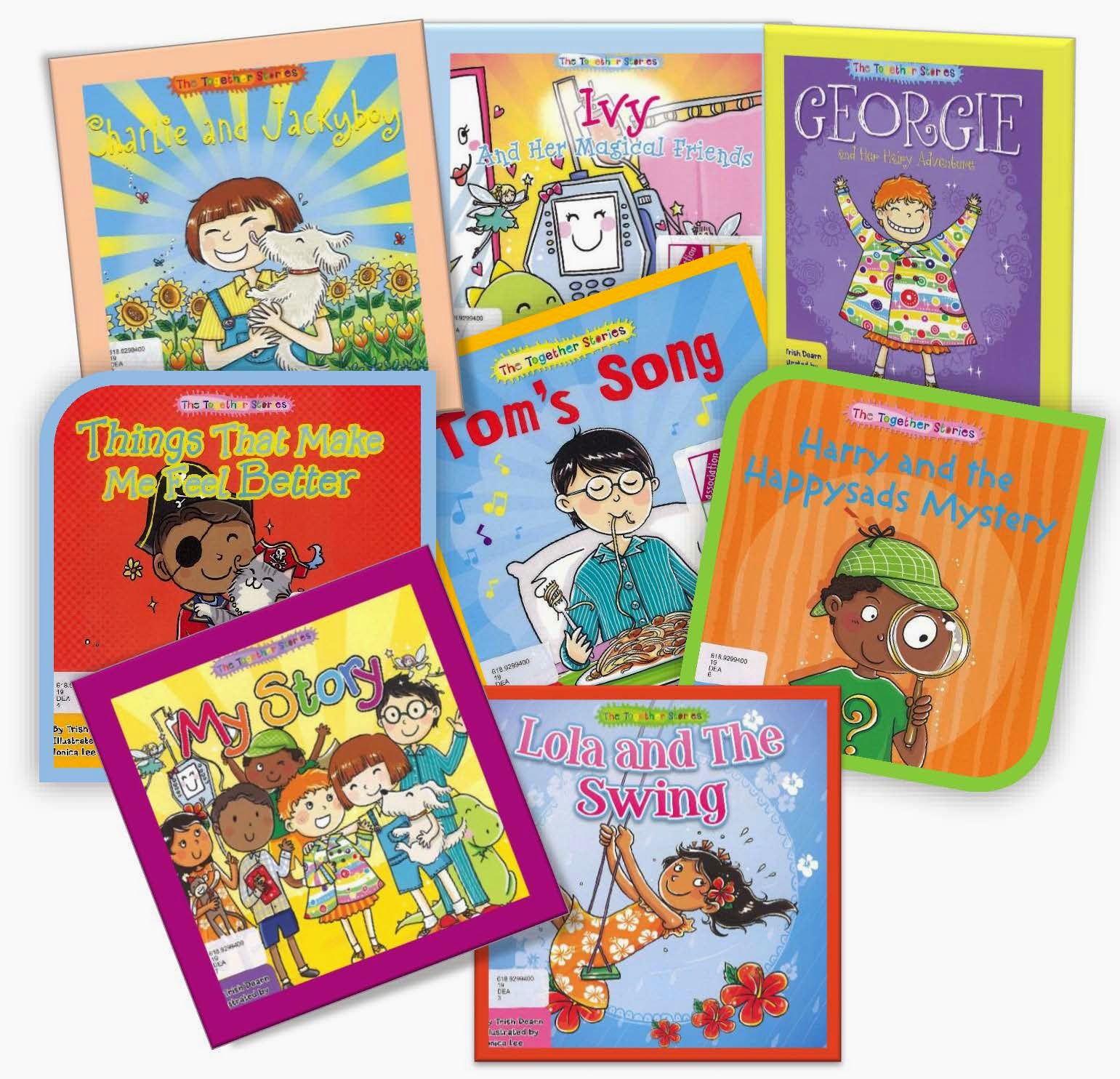By Michael Hawton
Jane Curry Publishing, Edgecliff, NSW, 2013
Talk less listen more is something you might have been told at school or perhaps you have heard something along those lines being said to children. This book is refreshing in its approach to solving children’s behaviour difficulties. In the heat of the moment, when the volume gets turned up readers will learn about why it is important to teach children to manage their emotions and strategies to help. By talking less and listening more Michael Hawton brings his experience as a psychologist and teacher of children and families for over 25 years to use. This book is aimed at families and can also be used by health professionals as they help people learn.
Amidst a myriad of parenting approaches, Hawton describes how parents of children today are confused. How should behaviour problems be dealt with? Trends have led parents towards talking through problems, praising with rewards and yet there are some limitations to “positive parenting”, from the “outside in”. Michael Hawton adds clarity and a set of tools to work with in helping children gain self- control, “inside out” parenting. He does not take readers back to days where children are to be seen but not heard. Parents and carers, by talking less when limiting unwanted behaviour and promoting desirable behaviours in a thoughtful manner, are going to be happier and enjoy their children more. Adults can follow a process learning about choice and how to react leading to better and easier parenting.
The book is divided into five parts. In part one: trends, principles and mistakes, find out about children’s development and behaviour, what it means for children to experience emotional overload and sorting behaviour to respond more flexibly. Part two focuses on change and looks at systems and patterns in families. Part three, managing difficult behaviour – quietly develops the title of the book. Find, a quick overview of the three choices for managing difficult behaviour – quietly, ignoring behaviour and managing yourself, signalling – a quiet way to stop children misbehaving and emotion coaching to teach self-regulation. Part four, promoting the behaviour you want looks at resolving poor attitudes and behaviour in older children, building bonds, teaching skills and encouraging competency. Part five extra resources including test your know-how, children and technology, resources and further reading.
Talk less, listen more is very readable for busy families. There are great ideas to help parents/carers direct their energy and establish good patterns of communication, rather than repeating the same reactions that don’t work. Michael Hawton draws on the “latest findings” in neuroscience. He writes both clearly and in an Australian context. Examples drawn from the “Blooms” family, show the parents as they sort through difficult child behaviours and family situations. Illustrations, diagrams and brief models break up the book and provide insight and a bit of fun. The before and after examples with the Blooms family help explore better approaches with greater understanding
Find out about “ABNs”, “RTA” and “PASTA” these abbreviations are used as memory prompts. “ABNs” refer to annoying but not serious behaviour. Families can use worksheets to develop a framework and think about behaviour which is important to focus on, the “big rocks”, as well as which behaviours can be ignored. Be encouraged because not all problems need to be resolved. Accompanying worksheets through the book are there to be photocopied and used. Each chapter concludes with “in essence”, a helpful overview.
 Teaching children how to cope in an emergency, sort out their feelings and self-soothe is talked about in chapter 9. “Emotion-coaching” can “teach children a language they would not otherwise learn”. Eventually children learn how to use a “feeling language” to describe their emotions. The conversation between Charlie (dad) and Jessica (five-year-old daughter) about her scary nightmare involved talking about how she felt. Dad emotion-coached using reflective listening and made comments (rather than asking questions).
Teaching children how to cope in an emergency, sort out their feelings and self-soothe is talked about in chapter 9. “Emotion-coaching” can “teach children a language they would not otherwise learn”. Eventually children learn how to use a “feeling language” to describe their emotions. The conversation between Charlie (dad) and Jessica (five-year-old daughter) about her scary nightmare involved talking about how she felt. Dad emotion-coached using reflective listening and made comments (rather than asking questions).Michael Hawton doesn’t presume to write about all areas of parenting, instead he aims to look at a model for difficult behaviour, drawing on non-violent ways to help children be in control and deal with anxieties that arise in life. Children who are facing hospitalisation or repeated hospitalisation may experience fear about medical procedures, pain, separation anxiety and other intense feelings. Health professionals such as Hospital play therapists/Child life workers are there to help both children and families with their emotions. Parents who take on board reflective listening and children who are able to use a feeling language may find they have tools to help them through their hospital journey and improve their wellbeing. Final points made by the author pinpoint the objective of parents to model self-control and help children develop self-regulation for better overall health for families.
Talk less, listen more is worth reading cover to cover because the information builds and by dipping you miss out. As I read the final chapter on children and technology, I thought about my 12 year old’s experiences and those of her friends and their families and the role of parents as protectors. It may be a daunting task. Talk less, listen more can help parents to stay on track with how they want to react when facing difficulties. For instance, children may hop from one screen to another and if they can be encouraged by parents to self-regulate and manage their behaviour with limits, they will be happier and there will be greater harmony in family life. I’m really glad to have read this book, building knowledge both about children and better parenting. It is a great bounce-off point for thinking about children as they head into adolescence.
There is also an online parenting course The Talk Less Listen More (TLLM) e-course, which has been road-tested on 1000s of professionals and parents. To find out more about the author and access resources, visit his Blog or Facebook page: michealhawton.com
This book is available for loan from the AWCH library.
Jillian Rattray
AWCH Librarian
June 2014
 By Trish Dearn, illustrated by Lonica Lee
By Trish Dearn, illustrated by Lonica Lee






